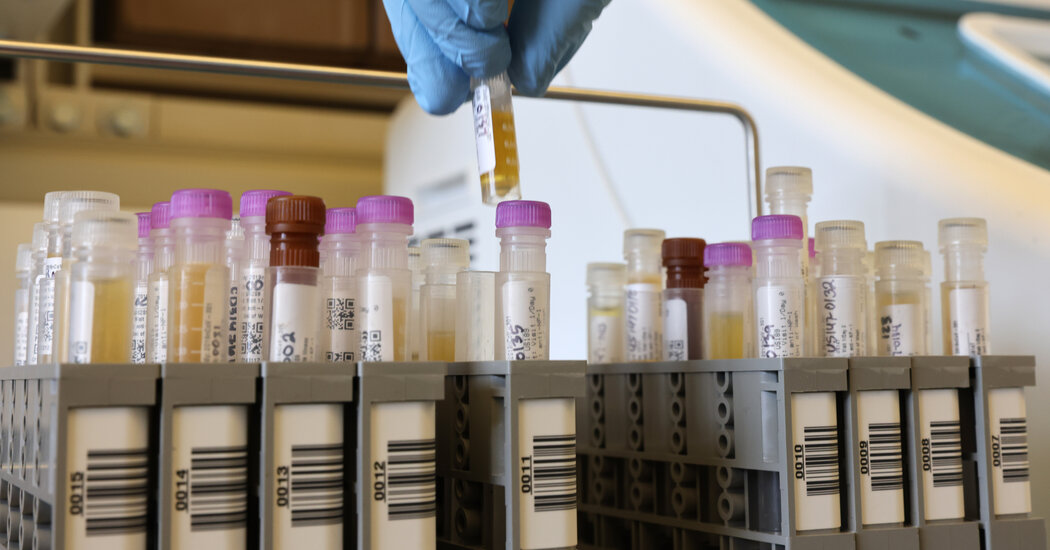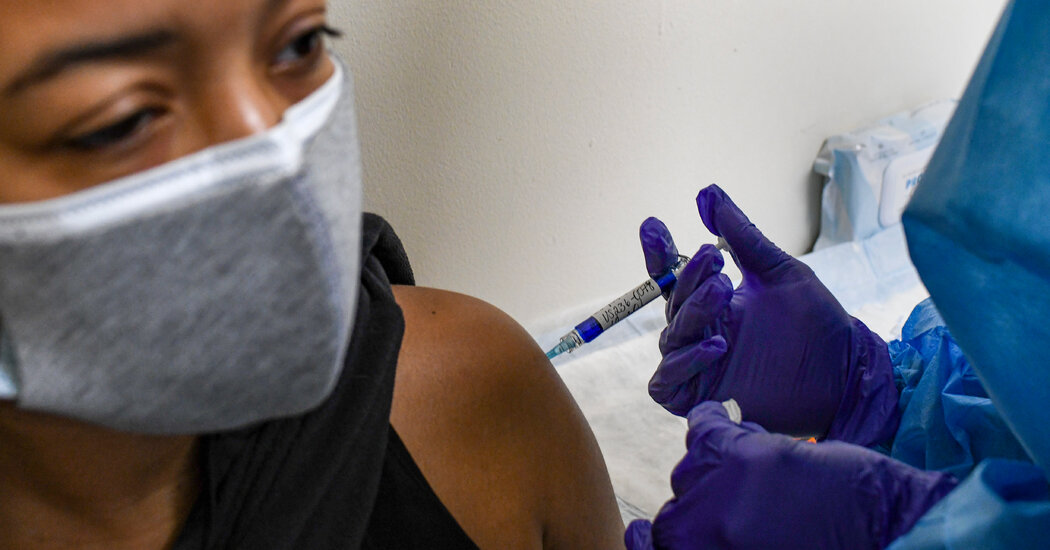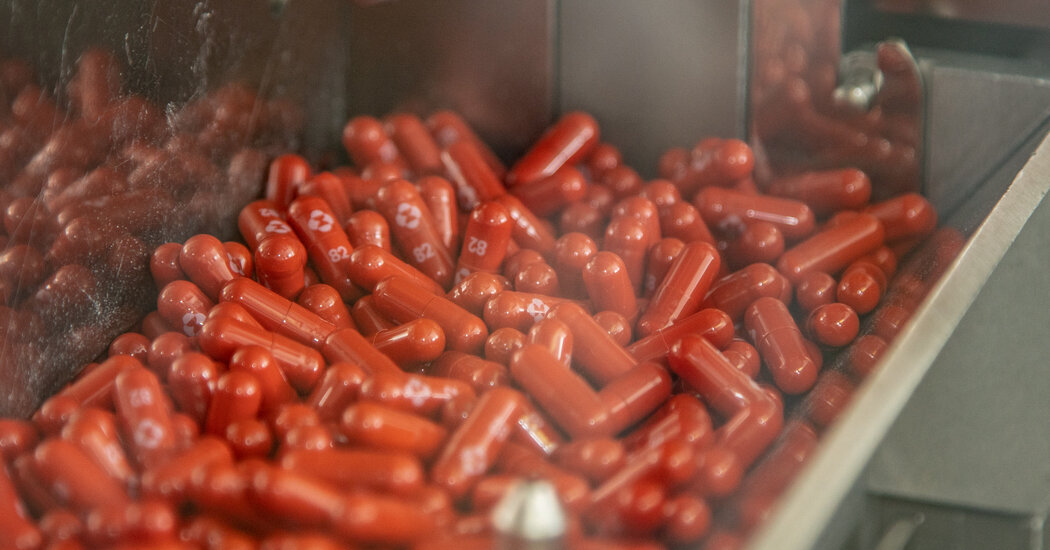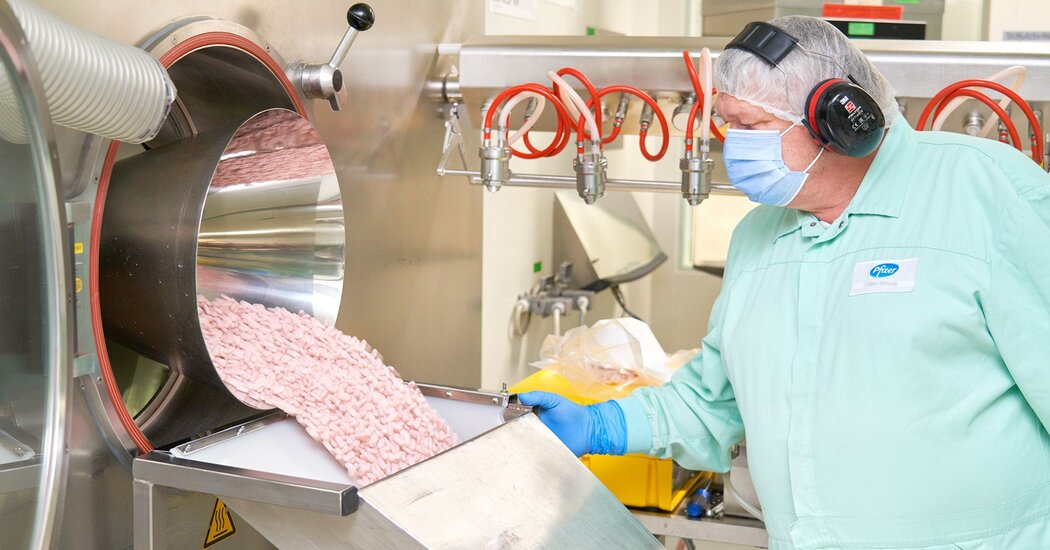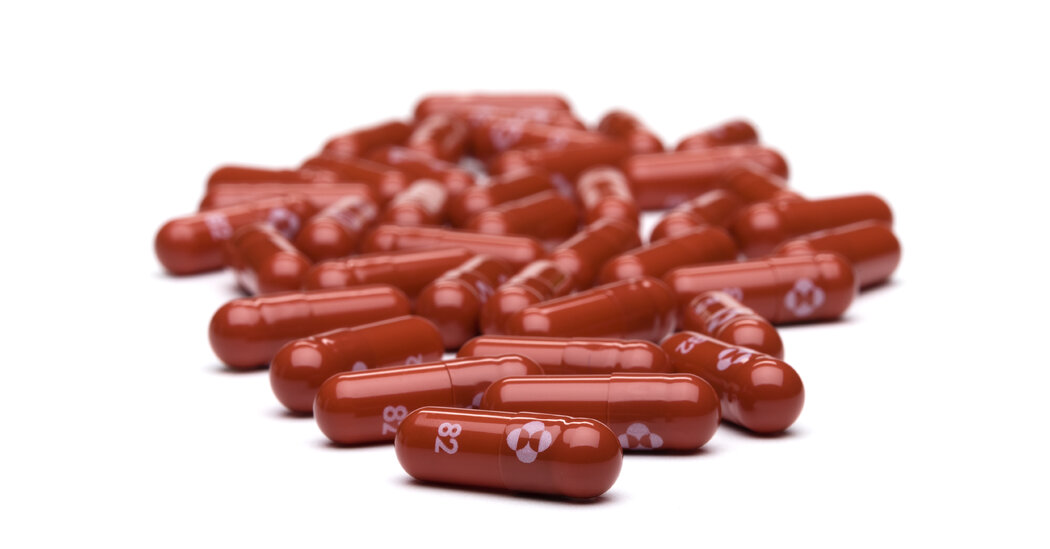The Food and Drug Administration on Wednesday authorized a Covid-19 vaccine developed by Novavax, a biotechnology company in Maryland that received significant federal funding to produce the shot. The vaccine will be a new option for Americans as vaccination rates stagnate.After two years of development, the vaccine has finally overcome manufacturing problems to become the fourth shot to earn clearance in the United States. Advisers to the Centers for Disease Control and Prevention will meet next week and are expected to discuss who should get the Novavax vaccine.The two-dose vaccine was authorized as a primary immunization series for adults, rather than a booster, which is likely to limit its market at first. The Biden administration said earlier this week that it would buy 3.2 million doses, enough to fully vaccinate 1.6 million people in the United States. In announcing its purchase, the government said that Novavax was expected to finish its quality testing “in the next few weeks,” a necessary step before the doses are released.Novavax hopes that its vaccine will appeal to people who have spurned the shots from Pfizer-BioNTech and Moderna, which use messenger RNA technology. About 22 percent of people in the United States have not received a single Covid vaccine dose.Novavax’s vaccine, given in doses spread three weeks apart, works differently from mRNA vaccines. It provokes an immune response with nanoparticles made up of proteins from the surface of the coronavirus that causes Covid-19. Similar protein-based vaccines have been widely used around the world for decades.But modest demand for the Novavax shot in other wealthy countries leaves it unclear if the company’s prediction for the United States will hold up. In Europe, only 12.6 million Novavax doses were distributed between December, when the vaccine was authorized there, and June 30. In contrast, more than a billion doses of Pfizer-BioNTech and Moderna vaccines have been distributed in Europe.A Morning Consult poll released earlier this month suggests that Novavax may meet a similar lack of enthusiasm in the United States. Only 10 percent of unvaccinated people contacted for the poll said they would definitely or probably get a protein-based vaccine.The authorization comes with a warning that Novavax’s vaccine is linked to an elevated but small risk of forms of heart inflammation known as myocarditis and pericarditis. In their review of Novavax’s data, F.D.A. scientists identified six cases of the side effect in about 40,000 trial volunteers.The mRNA vaccines from Moderna and Pfizer-BioNTech are also linked to an elevated risk of these conditions, but that link did not emerge until after they were put into large-scale use. A warning about the risk was also added to their packaging.Before the pandemic, Novavax was a little-known biotechnology company with several vaccines in the research pipeline, but no approved products. It rose to prominence when Operation Warp Speed, the federal government’s 2020 campaign to develop coronavirus vaccines, picked it out for support. The program initially agreed to pay up to $1.6 billion to fund the development of the vaccine and to purchase up to 100 million doses of the shot.But a series of manufacturing delays meant that the shot was not available for the initial surge of vaccinations in the United States in early 2021.The manufacturing woes have continued to dog the company. Even after an F.D.A. advisory committee recommended authorizing the vaccine in early June, the agency took weeks to give it the green light, because it needed more time to sign off on Novavax’s manufacturing process. The Serum Institute of India, the world’s largest vaccine producer, is manufacturing Novavax’s vaccine.In a number of clinical trials, Novavax found that its vaccine was highly protective against symptomatic infection. But the original formulation is probably not as effective against the Omicron variant, which emerged in November and has evaded some of the protection afforded by authorized vaccines from other companies.Novavax is developing new versions of its vaccine that target Omicron and its highly contagious subvariants. Preliminary data from laboratory and animal studies indicate that a booster shot aimed at a previous Omicron subvariant, BA.1, generates strong immune responses to the virus. The company says it expects to have results from a clinical trial of that shot in September, with doses ready in the last three months of this year.The company says it plans to accelerate its research on shots specifically tailored for two newer versions of Omicron, known as BA.4 and BA.5.Trials have also shown that Novavax’s shot works well as a booster, and the company is expected to seek authorization for boosters soon. The company may then be able to attract vaccinated people who want to switch to a new option to protect against new variants.John Moore, a virologist at Weill Cornell, said he considered Novavax an excellent vaccine but was not yet convinced that an Omicron-based booster would provide much extra protection compared with the original version. “There’s too little information,” he said.Dr. Moore speculated that some people might switch to Novavax for a booster this fall because it produced relatively few cases of aches, fatigue and other passing side effects in clinical trials. That was his experience as a volunteer in one of Novavax’s trials. “The only way I could tell the next day which arm I had the needle in was the Band-Aid,” he said.If Novavax is authorized for a booster, Dr. Moore would happily return for another shot, he said: “At some point in the fall, I’ll have another dose, and it would be Novavax.”
Read more →

